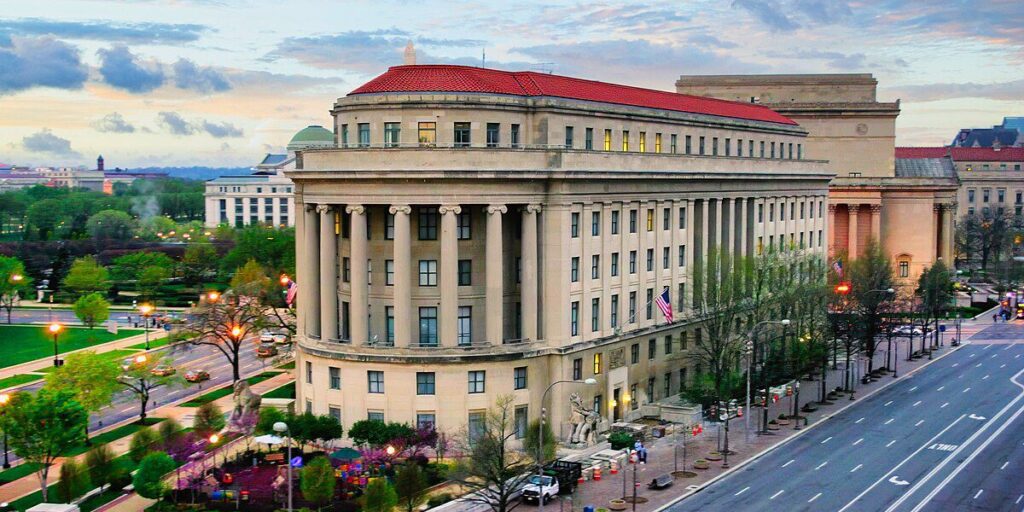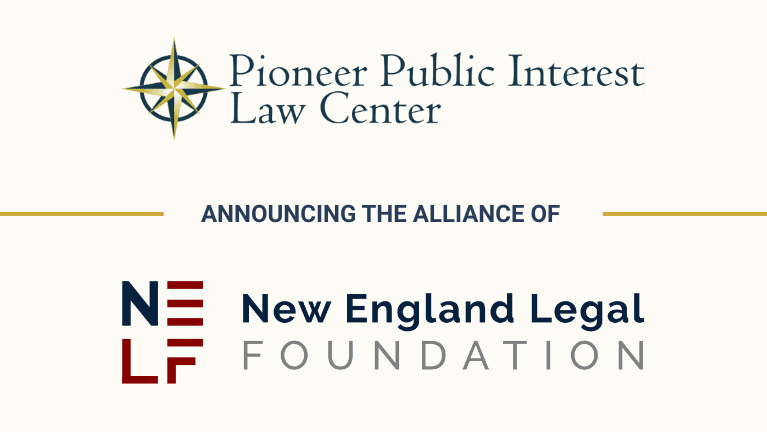NEWS RELEASE – FOR IMMEDIATE RELEASE – NEWS RELEASE
For information contact: Camaryn Sapienza, Communications Manager
(630) 699-9865 (mobile)
csapienza@newenglandlegal.org
NELF Files Amicus Brief Opposing FTC’s Nationwide Ban on Non-Compete Agreements
Boston, MA (January 23, 2025) — The New England Legal Foundation (NELF) has filed an amicus brief in the 11th Circuit Court of Appeals in Properties of the Villages, Inc. v. Federal Trade Commission, challenging the Federal Trade Commission’s (FTC) sweeping rule that bans virtually all non-compete agreements nationwide. The rule, issued on April 23, 2024, has sparked significant controversy and litigation, with NELF arguing that the FTC has overstepped its authority under the FTC Act.
NELF’s brief also outlines plans to file a similar amicus brief in Ryan, L.L.C. v. Federal Trade Commission in the 5th Circuit Court of Appeals, further reinforcing its opposition to this unprecedented regulatory action.
Background on the FTC Rule
The FTC’s 2024 rule declares virtually all existing non-compete agreements unenforceable and prohibits new ones, potentially upending longstanding business practices, vested rights, and reliance interests. The FTC defends its rulemaking authority by invoking §6(g) of the FTC Act, a provision granting the agency the power to make rules and regulations “for the purpose of carrying out the provisions of this Act.” However, NELF contends that this power is narrow and procedural in nature, and that Congress never intended it to authorize sweeping enforcement actions like the nationwide ban.
NELF’s Position
In its amicus brief, NELF argues that:
- The FTC Exceeded Its Statutory Authority: The FTC Act, enacted in 1914, established a clear enforcement framework under §5 for addressing unfair methods of competition on a case-by-case basis. The limited rulemaking power granted under §6(g) was intended for procedural matters, not substantive rulemaking of this magnitude.
- Legislative and Historical Context Supports Narrow Interpretation: NELF’s brief highlights the legislative history and concerns about delegating broad enforcement powers to administrative agencies, which were prevalent when the FTC Act was enacted.
- Critique of Judicial Precedent: NELF also challenges a 1973 D.C. Circuit Court decision that the FTC relies on to justify its actions, arguing that the decision prioritized administrative efficiency over statutory and historical context.
NELF asserts that the FTC’s interpretation of §6(g) undermines the clear and deliberate enforcement structure Congress intended, improperly expanding the agency’s regulatory reach without proper legislative authorization.
Implications of the FTC Rule
If upheld, the FTC’s rule would impose significant burdens on businesses, forcing them to navigate a new regulatory landscape and undo longstanding agreements critical to protecting trade secrets, client relationships, and other proprietary interests. NELF believes such sweeping regulatory changes should be the domain of Congress, not an administrative agency.
Upcoming Litigation in the 5th Circuit
NELF plans to file a similar amicus brief in the 5th Circuit, where litigation challenging the FTC’s ban is also underway. In this case, a district court judge has already rejected the FTC’s interpretation of §6(g), further underscoring the divided opinions on the agency’s authority.
###
About the New England Legal Foundation: Founded in 1977, the New England Legal Foundation (NELF – www.newenglandlegal.org) is the leading non-partisan, non-profit public interest law firm in the region dedicated to economic liberty. NELF’s ongoing mission is to champion free enterprise, property rights, limited government based on rule of law, and inclusive economic growth. We believe that free enterprise is a foundational value of a democratic society and the best opportunity for people to lift themselves to prosperity.



